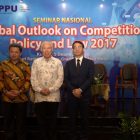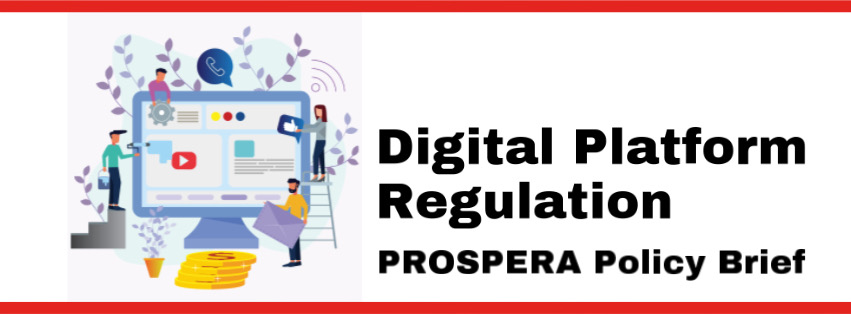ICC Urges Debate Over BPA On Reusable Gallons to Stop.
Jakarta (5/9) – The Indonesia Competition Commission (ICC) has observed in print and social media over the past year that there is still a heated debate in the bottled drinking water (AMDK) sector on the issue of bisphenol A (BPA) in reusable gallon packaging. The debate began to lead to various negative campaigns involving a number of major brands in the sector. ICC considers that the issue can lead to the manipulation of competition that affects consumers and actually benefits related business actors.
As in the letter submitted by ICC to the Food and Drug Monitoring Agency (BPOM) last year, ICC believes that the BPA controversy is related to health and product safety issues, which are the authority of BPOM and the Ministry of Health, not ICC. The public should wait for the results or the government’s decision on the issue and not conduct various negative campaigns that would confuse consumers and obscure the form of competition in the bottled water market.
ICC sees various campaigns or news in print and social media related to the issue, which can also be seen as part of a marketing strategy. In the theoretical approach to business competition, the term Hotelling’s Model of Spatial Competition is known. This model is part of the non-cooperative game theory known in competition economics. This model explains the phenomenon of mutually dominant firm strategies for homogeneous products that maximize profits by bringing their product locations closer to each other. In this case, it can be considered as bringing its products closer through debates in the media. Through this strategy, consumer attention will be gained, and consumers will take the initiative to test or try both products before favouring one. This strategy can be beneficial for both products. For information, from poll survey data conducted by one of the media, last year the AQUA brand was favoured by 74.9% of their respondents, and Le Mineral ranked as the second most favourite mineral water brand with a percentage of 62.1%, while other brands such as Cleo and Nestle, on average, were favoured by less than 25% of respondents.
In terms of competition theory, this phenomenon could lead to online manipulation, as described in various competition journals. The theory explains that consumer welfare will be reduced when a platform influences consumers to pay attention and spend against their best interests. The debate on the BPA issue can be said to shift business competition in the sector to the aspect of the type of packaging used rather than the price or quality of the product. This has the potential to confuse consumers when choosing their products and disrupt the business climate in the sector.
For this reason, ICC urges the relevant parties to stop various negative campaigns in various media and to provide an opportunity for the government to take a stand on the potential dangers of packaging used for bottled drinking water.
ICC will be present to observe the issue in order to maintain fair business competition without the tendency to protect certain business actors. If the public or business actors find anti-competitive actions of certain business actors, such as preventing consumers from obtaining an AMDK product, preventing certain business actors from conducting the same business activities, setting conditional sales as decided by ICC at the end of 2017, or other behaviours, ICC requests that an official report be submitted to ICC for law enforcement.








